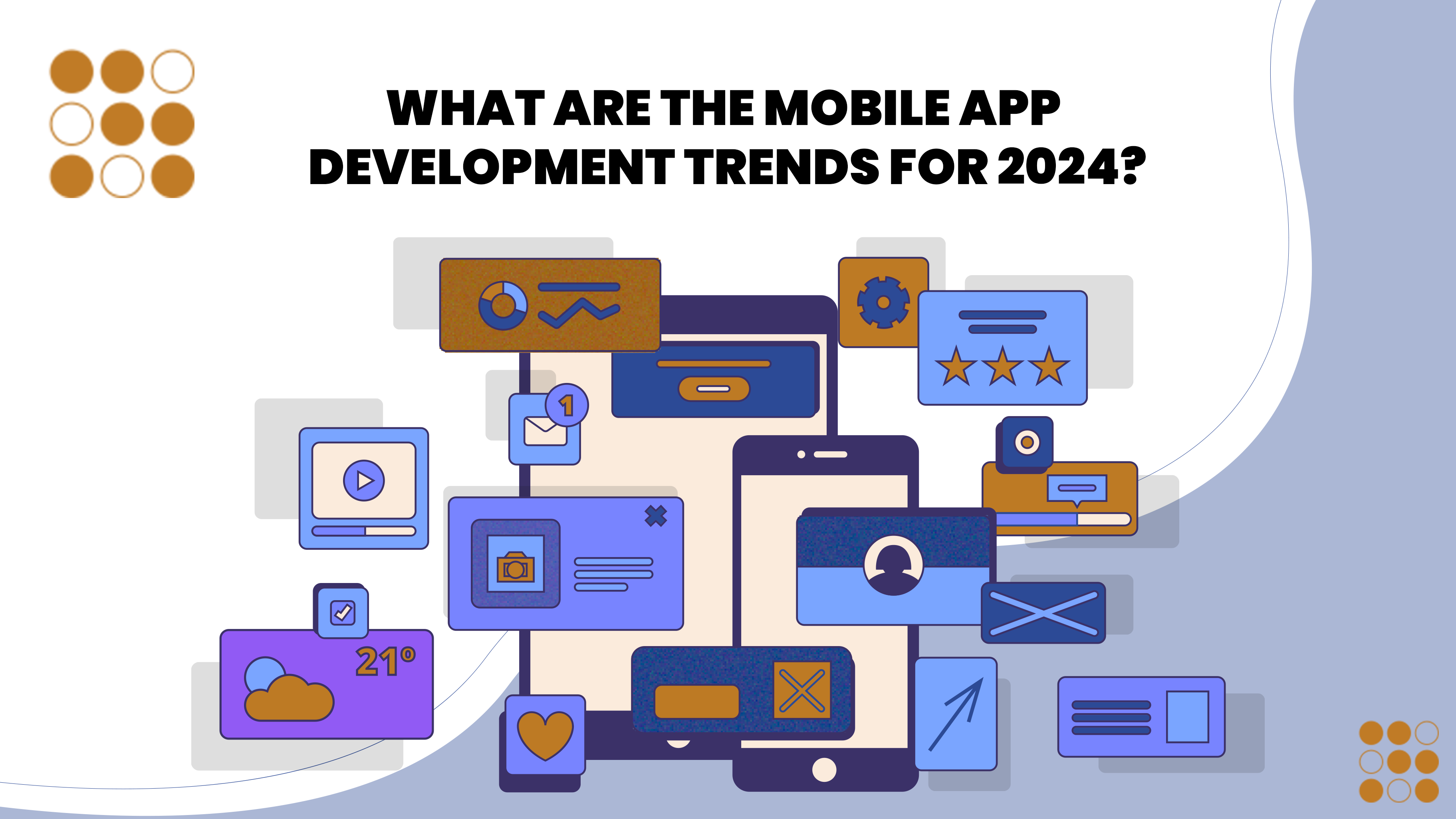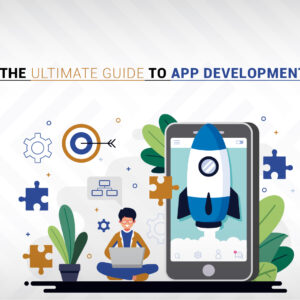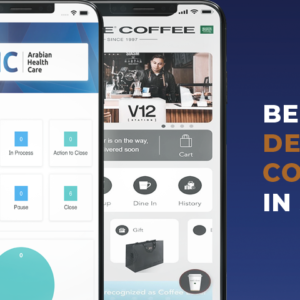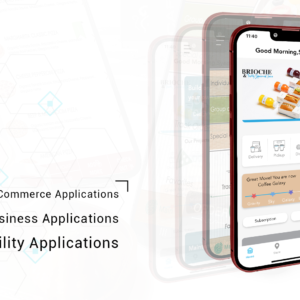As we step further into 2024, the mobile app development landscape continues to evolve rapidly. Here are some of the key trends shaping the industry this year:
1. AI-Powered Experiences: Artificial intelligence (AI) is no longer just a buzzword. We’re seeing its integration into apps in various ways, such as:
- Personalized recommendations and content: AI algorithms can analyze user data to personalize app experiences, suggesting relevant products, news, or features.
- Chatbots and virtual assistants: AI-powered chatbots are becoming increasingly sophisticated, offering customer support and answering user queries within apps.
- Generative AI content creation: Apps are utilizing AI to generate personalized content like marketing copy, product descriptions, or even creative text formats like poems or scripts.
2. Augmented Reality (AR) and Virtual Reality (VR): These immersive technologies are expanding beyond gaming, finding applications in various sectors:
- AR for product visualization: Users can try on clothes virtually, see furniture placed in their homes, or explore product details in an augmented layer.
- VR for training and education: Immersive VR experiences can enhance training simulations, educational content, and virtual tourism.
3. Voice User Interfaces (VUIs): Voice-activated interactions are becoming more popular, driven by advancements in natural language processing. Apps are increasingly incorporating voice commands for searching, navigation, and controlling features.

4. Internet of Things (IoT) and Predictive Analytics: Connecting physical devices to apps through the IoT opens up new possibilities:
- Smart home and automation apps: Control lights, thermostats, and appliances remotely, and leverage data for energy optimization.
- Predictive maintenance for industries: Analyze sensor data from machines to predict failures and perform preventive maintenance.
5. On-Demand Apps and the Subscription Model: The convenience of on-demand services is fueling the growth of apps offering instant access to everything from food delivery to transportation and entertainment. Additionally, subscription models are gaining traction, providing recurring revenue streams for app developers.
6. Micro-Interactions for Personalization: Small, well-designed interactions can significantly enhance user experience. Expect to see more apps incorporate subtle animations, haptic feedback, and micro-personalization features to create a more engaging and delightful experience.
7. 5G Technology: The rollout of 5G networks with their ultrafast speeds and low latency will enable new app functionalities and experiences, such as real-time AR/VR applications, cloud gaming, and seamless data-heavy content streaming.
8. Cybersecurity Focus: With the growing awareness of cyber threats, security is becoming a top priority for app developers. Secure coding practices, data encryption, and robust authentication measures are crucial for protecting user privacy and building trust.
9. Ethical Considerations: As AI and data collection play a larger role in apps, ethical considerations regarding user privacy, bias in algorithms, and responsible data usage are becoming increasingly important.
10. Low-Code/No-Code Development: Platforms that enable non-programmers to build basic apps are gaining traction, democratizing app development and making it accessible to a wider range of creators.
By embracing these trends and staying ahead of the curve, businesses can develop mobile apps that are not only technologically advanced but also cater to the evolving needs and expectations of users.




